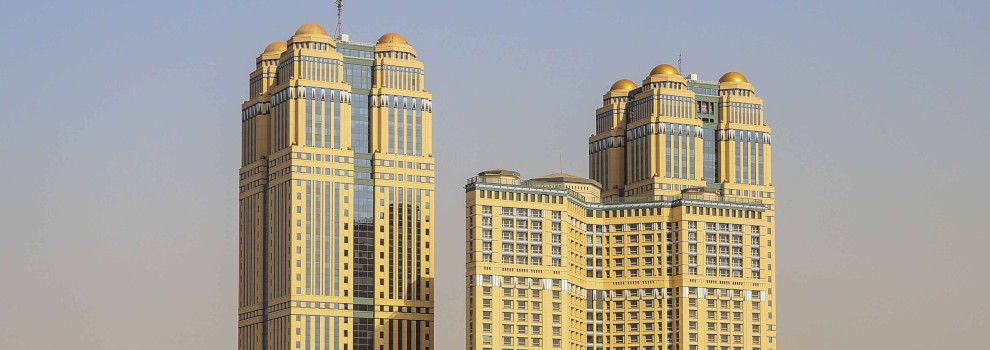Egypt’s sexual assault reckoning intensified at the end of August when witnesses and campaigners involved in bringing to light a horrific gang-rape were arrested and smeared. Private information of the arrested witnesses was leaked to social media and pro-government websites in what many believe to be a state-sanctioned disinformation campaign.
Online anonymity initially provided the conditions allowing for sexual assault testimonies to emerge, in a country where survivors of sexual assault are often silenced. But while technology offers privacy to vulnerable communities, it can also amplify and intensify gender-based violence. The deliberate violation of the victim’s and witnesses’ privacy was itself a form of state-sanctioned sexual violence.
In July, an anonymous Instagram account began posting testimonies about an alleged serial sexual assaulter, Ahmed Zaki, eventually serving as a platform for those sharing testimonies of other cases of abuse. The most infamous of these cases has become known as “the Fairmont incident.”
At least seven men—from wealthy, powerful, and well-connected families—are accused of drugging and raping an 18-year old woman in a hotel room at Cairo’s Fairmont Nile City Hotel in 2014. The men allegedly filmed the rape and distributed the footage to friends and acquaintances.
The alleged offenders have been suspected of threatening the campaign from the moment the case became public. The Instagram account was subject to hacking attempts, online harassment, and intimidation only after it began posting about the Fairmont incident.
While arrest warrants were issued for the alleged rapists, the case was turned on its head when six witnesses and campaigners were also arrested by Egyptian authorities. Though the final charges are not yet clear, at least some of the witnesses have been accused of promoting debauchery, promoting homosexual and lesbian practices, and fabricating and broadcasting stories related to violence against women.
An article posted on the Egyptian intelligence-linked news website Cairo24 immediately after the arrests was the first indication that security agencies were trying to manipulate the narrative of the case. Citing its own exclusive “investigation,” the piece defamed both the witnesses and victim, describing the rape as “a group sex party.” The witnesses and victim were called “a network of young perverts of both sexes performing sodomy and lesbian practices and spreading AIDS among them in Egypt.” A video taken from the cellphone of a witness was leaked to social media, showing the witness and other men and women sitting on a bed together. RT Arabic reported on the video, stating that “according to Egyptian media” it was clear the group was regularly organizing group sex parties.
This video appeared after the phones of the witnesses and campaigners were confiscated by Egypt’s National Security Agency, when the Prosecutor General reported that the mobile phones of the detained witnesses were sent to the General Administration for Technical Support in the Ministry of Interior. On the very same evening that the Prosecutor General released its statement on the confiscated phones, Twitter was flooded with intimate photos and videos of the witnesses; many accounts posting this content were created in August 2020. Additionally, a photo of one of the witnesses kissing his boyfriend was leaked to social media, outing him in a country where homosexuality is effectively criminalized.
Explicit images of a campaigner were also sent in a WhatsApp message from an Estonian number to Egyptian journalists, media personalities, and lawyers. The victim’s name was also leaked, along with a surreptitious recording of a private conversation with her lawyer.
Hack and leak campaigns are a common practice of Egyptian intelligence services seeking to shame and discredit political opponents, and this smear campaign mirrors previous state-backed ones. In 2018, activist Amal Fathy was subject to a smear campaign on state owned and pro-government media after she posted a video to Facebook criticizing sexual harassment in Egypt.
Devices are often confiscated to conduct unlawful searches for incriminating evidence and other sensitive material. For many Egyptian activists, this smear campaign was a particularly extreme case of state-sanctioned gender-based violence against women and LGBTIQ people online. Some countries have even criminalized the nonconsensual distribution of intimate images online, or image based sexual abuse.
The brazenness of the smear campaign is particularly troublesome because, just weeks before the arrests, Egypt’s House of Representatives passed new amendments to its Criminal Procedures Code ensuring the privacy and anonymity of survivors and witnesses of sexual assault. The National Council of Women, overseen by the presidency, also issued calls urging victims and witnesses of sexual violence to come forward.
In March 2020, the UN Special Rapporteur on the right to privacy called for “gender to be embedded in privacy practices around the world.” The Fairmont case illustrates the unique threats that women, LGBTIQ people, and other vulnerable members of society face online—and the need to approach digital privacy through a gendered lens.
Unfortunately, Egyptian activists involved in the recent campaigns against sexual violence fear further reprisal for actions that the Egyptian government was just recently encouraging; they fear that pervasive government surveillance will, again, be weaponized to shame, discredit, and intimidate women, LGBTIQ people, and others whose lifestyles do not conform to the standards deemed acceptable by authorities.
